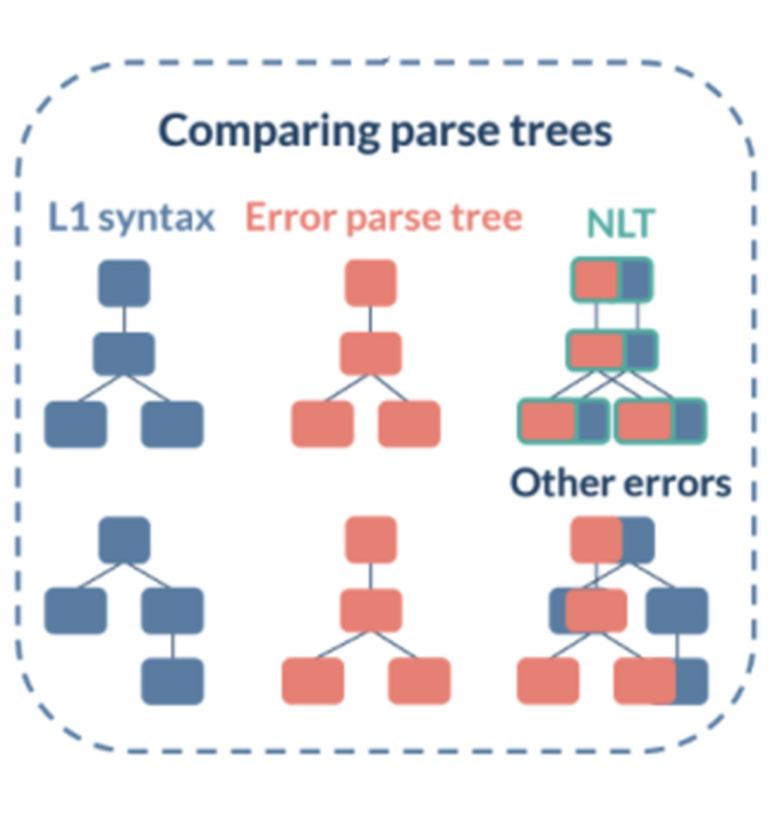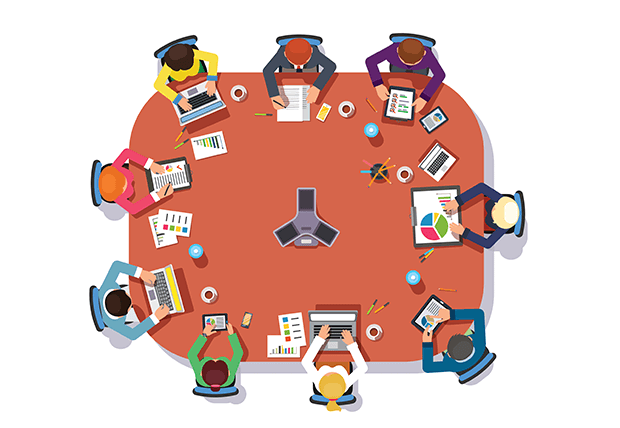Machine Translation techniques have made remarkable advancements in recent years, and in this project, we are interested in asking how Machine Translation can be applied to generate new materials for educational technologies. Working in partnership with Eyeread Inc., our researchers, led by Dr. Muhammad Abdul-Mageed, are analyzing reading assessments – including text passages, as well as questions and answers of those passages – which were originally written in English, by teachers contributing to Eyeread’s Dreamscape game, and translating these assessments into Arabic. We have a number of questions about the utility of Machine Translation techniques for reading assessments.
A first set of questions is to evaluate the efficacy of Machine Translation on these materials. Here we will ask, for example, what words or sentence types may be difficult to translate? Or what types of questions or answers (inferential versus literal questions, for example) may pose challenges for Machine Translation?
A second set of questions is to evaluate how making both L1 and L2 versions of reading activities (e.g., a gamified reading exercise) may benefit learners. For example, if Arabic-speaking newcomers to Canada would benefit from being able to play the Dreamscape game first in their native language, and then transition to an English-version, in order to better learn a second language.
In the coming year, we hope to complete our analysis of the translated questions and answers, and yield some insight into the strengths and weaknesses of Machine Translation techniques for educational materials and reading assessments. This will include assessments of what types of lexical items are challenging for Machine Translation, whether there are certain types of questions or answers that are more or less difficult to translate, etc. At later stages of this project, we will collect rating data from native speakers (including feedback from teachers) about these translations.
Research Questions
How does Machine Translation handle translation for different types of reading assessments?
How does making both L1 and L2 versions of a reading activity (e.g., a gamified reading exercise) benefit multilingual learners?




